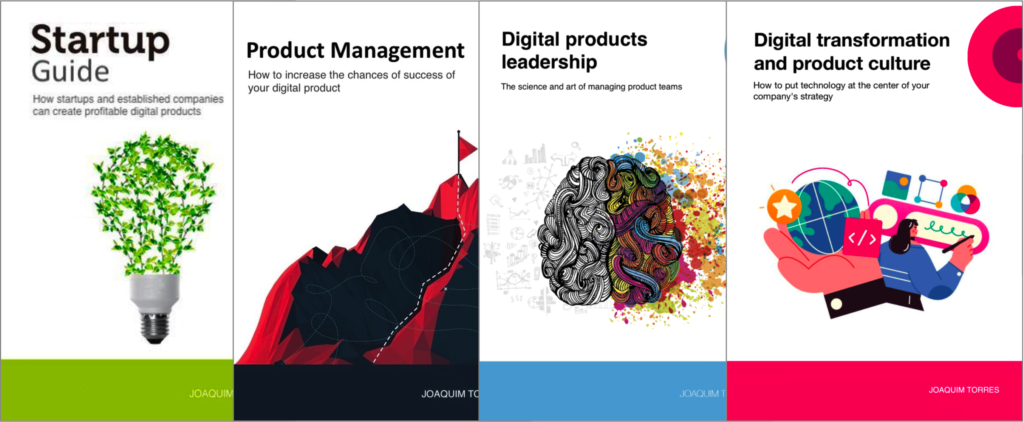
Digging up
9 de July, 2024
Result delivery
23 de July, 2024Founded in 1957 by Pelegrino José Donato and Luiza Trajano, Magazine Luiza now has over 1,400 physical stores across Brazil and has adopted a business model that combines a digital platform with physical locations. Since January 2016, Frederico Trajano, son of Luiza Helena Trajano (niece of the founder), has been the company’s president. Under his leadership, Magazine Luiza underwent a significant digital transformation, and its e-commerce received several awards, including the Diamond Trophy in the B2C E-commerce Excellence in Quality Award.
In 2014, the company created Luizalabs, a technology and innovation lab aimed at enhancing the shopping experience and offering more benefits to customers across all sales channels. Luizalabs has a dedicated team of engineers and developers working on innovation projects in all areas of the company.
Henrique Soejima worked from early 2019 until the end of 2022 leading some organizational agility and data initiatives. When the pandemic hit the company, Luizalabs had two priorities:
1. Scale the marketplace business, allowing individuals or companies to sell their products through the Magazine Luiza website.
2. Find a way to enable store sellers to continue working, as they depended on commissions, even during lockdowns.
The marketplace significantly scaled, with Luiza Trajano stating in interviews that the active customer base of Magalu’s e-commerce grew by 43% in the 1st quarter of 2020 compared to the same period the previous year. Sales from the marketplace grew by 185% in the same period, accounting for 30% of online sales.
Between April and June 2020, Luizalabs managed to have thousands of store sellers conducting sales and customer service via WhatsApp, using the physical stores as mini distribution centers and product pickup points. This ensured that sales in the 2nd quarter of 2020, the first quarter of the pandemic, were 49% higher than the same period the previous year, despite a significant drop in sales in physical stores due to closures. This result prevented any layoffs, aligning with one of Magazine Luiza’s corporate values: people who like people.
Apart from being an excellent example of applying the focus on the problem principle by quickly creating solutions for the significant problem the pandemic could cause, this case also illustrates the application of the principle of rapid and frequent deliveries. Solutions were tested and implemented swiftly, as well as the ecosystem mindset principle, as they showed concern for the entire Magazine Luiza ecosystem, including employees, sellers, physical store operations, and third-party sellers using the marketplace.
Recommendation
One of the biggest obstacles in digital transformations is the mindset of “business demands → technology implements.” This is an old and outdated model for working with technology teams. To compete with technology companies that are disrupting various businesses, it is critical and essential to change this working model to one of open collaboration between business and technology teams. We should aim to work in a model where business brings the problems and customer needs, and technology works to understand these problems/needs with the user, testing solution hypotheses and implementing a validated solution hypothesis.
Another very common reason for the failure of digital transformations is going from problem discovery straight to solution development with little or no solution discovery. The work of generating and testing solution hypotheses is where the magic of innovation happens; it’s how the most beloved products are conceived.
Summing up
- Focus on the problem means that, before jumping into the implementation of a solution, we should invest in better understanding the problem we are trying to solve, create and Focus on the problem 124 test solution hypotheses to increase the chance of creating a solution that solves the customer’s problem while helping us achieve our objectives.
- Product discovery is a set of tools to help mitigate the risks of product development. Discovery has two sides:
- Problem discovery: This is when we seek to understand the customer’s problem (or need), how this problem is connected to our company’s strategic business objectives, and the motivation the customer has to want this problem solved.
- Solution discovery: After starting to understand the problem to be solved, we need to discover possible solutions for it. This is when we generate and test ideas and solution hypotheses in the simplest way possible.
- Many products fail because the product development team went straight from problem discovery to product development, completely skipping the work of solution discovery.
- Business people dislike discoveries for two reasons: 1) they believe they know what the customer needs, and the technology team just has to implement what they ask for; and 2) discoveries can be long, lasting weeks or months, while the customer and the business need a solution as quickly as possible.
- There is a clear difference between the results produced by solution-implementing technology teams, also known as “feature teams,” and problem-solving technology teams, also known as “product teams.” While the former simply implements what was requested, without worrying about whether it will solve the customer’s problem and generate results for the company, the latter focuses on the customer’s problem and the expected result as the primary focus and concerns itself with creating and testing solution hypotheses that will help it achieve its goals.
Digital transformation and product culture
This article is another excerpt from my newest book “Digital transformation and product culture: How to put technology at the center of your company’s strategy“, which I will also make available here on the blog. So far, I have already published here:
- About the book
- Part 1: Concepts
- Chapter 1: The so-called digital transformation – Project and Product
- Chapter 2: Uncertainty and digital transformation
- Chapter 3: Types of company
- Chapter 4: Type of company vs digital maturity
- Chapter 5: Business models
- Chapter 6: Agile, digital and product culture
- Part 2: Principles
Workshops, coaching, and advisory services
I’ve been helping companies and their leaders (CPOs, heads of product, CTOs, CEOs, tech founders, and heads of digital transformation) bridge the gap between business and technology through workshops, coaching, and advisory services on product management and digital transformation.
Digital Product Management Books
Do you work with digital products? Do you want to know more about managing a digital product to increase its chances of success, solve its user’s problems, and achieve the company objectives? Check out my Digital Product Management books, where I share what I learned during my 30+ years of experience in creating and managing digital products:
- Digital transformation and product culture: How to put technology at the center of your company’s strategy
- Leading Product Development: The art and science of managing product teams
- Product Management: How to increase the chances of success of your digital product
- Startup Guide: How startups and established companies can create profitable digital products



